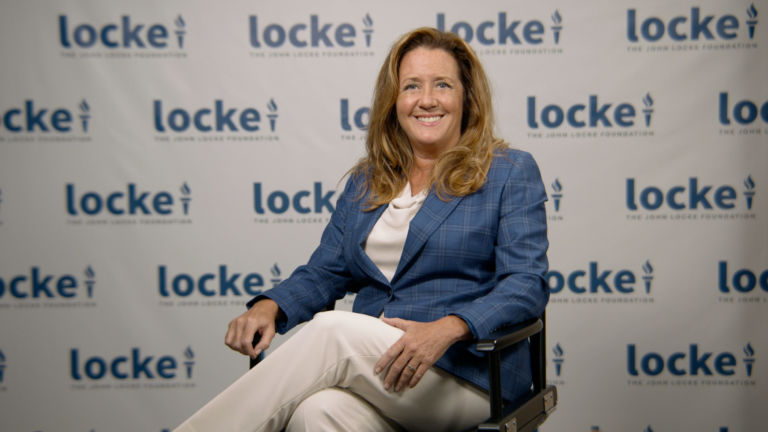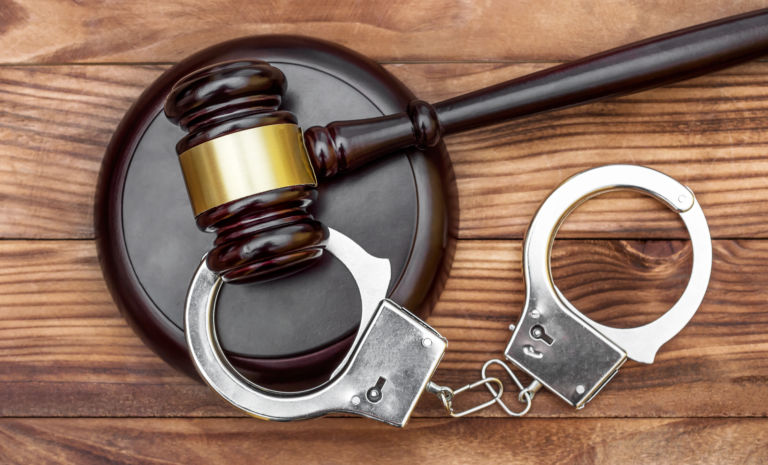Mike Brake writes at National Review Online about the likely impact of today’s anti-police activity.
American policing is heading for a crisis.
Cops are going to keep showing up for work. They’re not going to go on strike and parade in front of local police stations with picket signs. But they are going to stop performing the kind of proactive police work that every good cop knows is what really prevents crimes. No doubt many already have.
Picture this scenario: A cop on patrol spots several young males loitering on a corner in a high-crime neighborhood. (Race doesn’t matter — they are whatever color is most common in the area.) One or two might even be known to the officer from past arrests. He stops and questions them, pats them down, maybe runs their names through the computer to check for outstanding warrants. Chances are high that he will find a weapon on at least one of them, maybe some drugs as well. His intervention may also have defused plans for a burglary or even an armed robbery or a drive-by shooting later that night.
The chances are also high that this intervention could have resulted in a charge of resisting an officer or assault on an officer. One or more of the suspects could have been tased or taken to the ground and restrained. There was a lower, but still real, chance of that encounter’s leading to gunfire, by or against the officer. Those really are mean streets out there.
As turmoil mounts around Black Lives Matter agitation in American cities, more and more law-enforcement officers realize that in just about any encounter with black suspects, they risk being thrown to the wolves by craven local prosecutors, mayors, or police administrators, no matter how right or blameless they may be in the actions they take under pressure.


